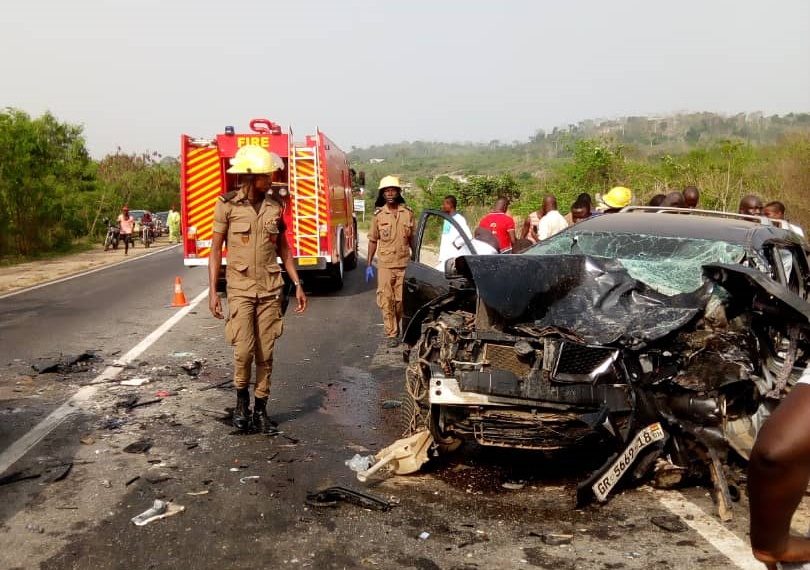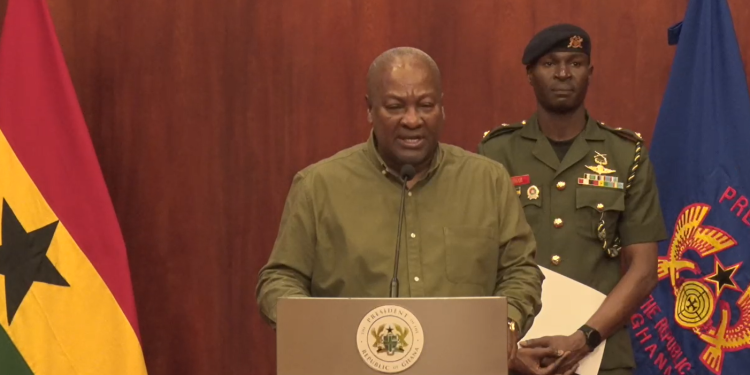Ghana’s National Road Safety Authority (NRSA) reported 1,937 road traffic deaths and 10,957 injuries between January and August 2025, underscoring continued challenges in traffic safety enforcement and infrastructure management.
According to figures disclosed by Acting NRSA Director-General Abraham Amaliba during a recent inspection tour by Deputy Transport Minister Dorcas Affo-Toffey, 16,348 vehicles were involved in 9,626 reported road crash cases during the period. These included 5,515 commercial vehicles, 6,647 private cars, and 4,186 motorcycles.
Speeding was identified as the leading cause, contributing to over 80% of incidents. Amaliba cited widespread disregard for speed limits in both urban and rural areas, as well as pedestrian misbehavior—including hawking on roads—and poor road engineering as compounding factors.
The Authority is pushing for amendments to Ghana’s Road Traffic Regulations (LI 2180), particularly to streamline the removal of broken-down vehicles from roadways. It is also advocating for automated traffic law enforcement systems to mitigate overspeeding.
In addition, the NRSA aims to expand road safety education through local government structures and is prioritizing helmet use and protective gear among motorcycle riders. However, Amaliba noted the agency is constrained by limited funding and staffing shortages, urging greater government support.
Deputy Minister Affo-Toffey commended the Authority’s efforts and pledged the Ministry’s backing to reduce traffic fatalities. Her tour also included visits to the Ghana Railway Development Authority (GRDA) and the Driver and Vehicle Licensing Authority (DVLA).
At the GRDA, Acting Chief Executive Frederick Apoh announced the Tema–Mpakadan railway line will commence operations on October 1. Projects along the Tema–Nsawam and Takoradi–Nsuta corridors are ongoing, with the agency projecting job creation from expanded rail operations.
Meanwhile, DVLA Acting Chief Executive Julius N. Kotey said a new vehicle sticker system has boosted monthly sticker issuance sixfold—from 2,000 to 12,000—leading to increased revenue. He also disclosed plans to phase out existing license plates in 2026 in favor of models meeting international standards.
The Ministry of Transport said it intends to provide additional support to enhance service delivery across agencies and promote safer, more efficient mobility nationwide.













